Ever wondered about the financial worth of your house? Well, in a few cases, a house is worth whatever the buyer is willing to pay for it, while in other cases, homeowners seek help from real estate experts to calculate house’s resale value. However, if you want to find out about the factors that can potentially influence your home’s worth, here’s a simple guide on how to go about it.
But wait. Before we begin, let’s understand the importance of evaluating a home’s resale value and why homeowners need to keep it as a priority even if they’re not selling their house.
Evaluating a Home’s Resale Value – What’s the Need?
Being aware of your home’s value not only helps you put a competitive price tag on it but also assists you in determining two other things: where do you stand on the property ladder and what else you can afford by selling your house.
Additionally, the benefits of finding a home’s worth are not limited to transactions of sale and purchase only. The findings can go above and beyond in the owner’s favour since it helps in evaluating insurance premiums, mortgage, and property taxes. Simply put, evaluating a home’s resale value means that a homeowner has greater control over other associated procedures and legalities.
5 Simple Ways to Calculate a House’s Resale Value on Your Own
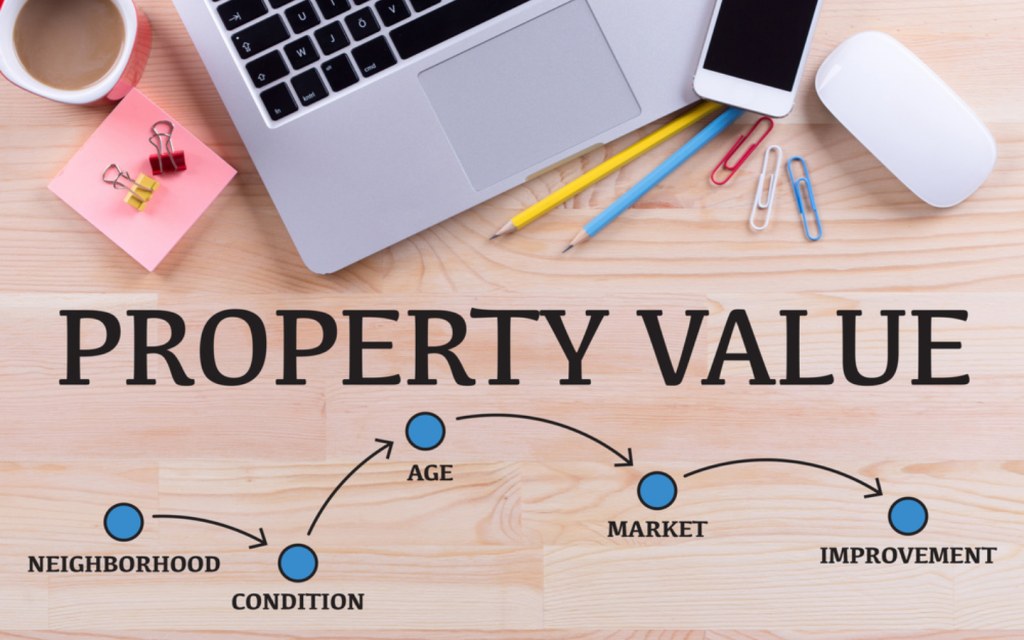
You might have heard it before but just to be sure, we would like to mention that evaluating a home’s value is one of the most essential things to learn for a first-time home seller. So, here are all the tools you will need to determine a home’s value:
- Value of Local & Nearby Properties
- Location and View of a Property
- Presence of Amenities Nearby
- Age & Condition of the House
- Seeking Help From a Local Real Estate Agent
Value of Local & Nearby Properties
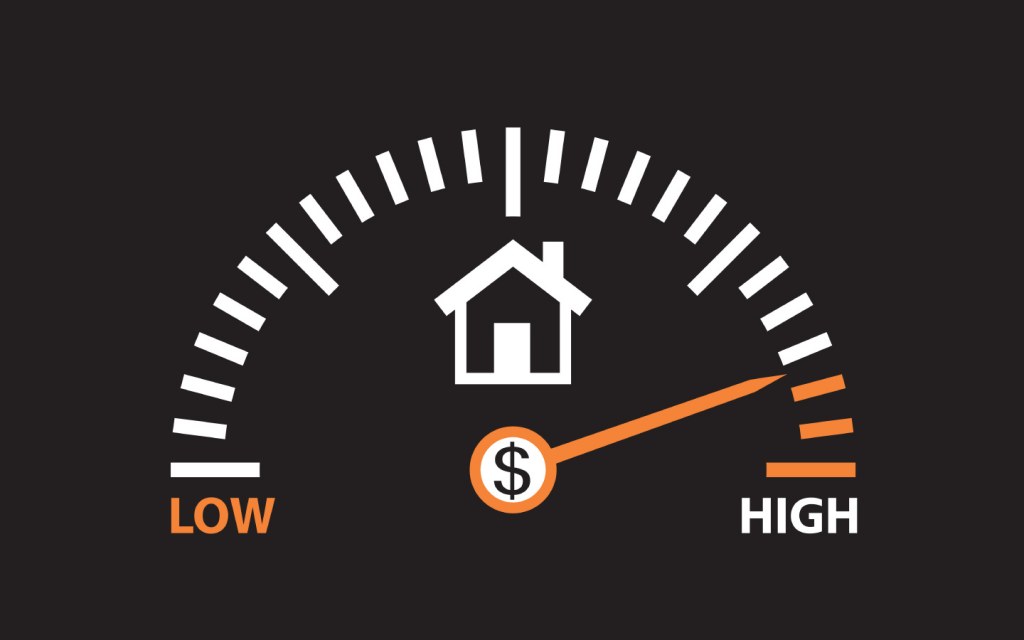
It goes without saying that the property you’re about to sell is worth not more or less than other properties in the neighbourhood. An easy way to carry out the home’s value evaluation process is to take a look at similar property listings available on Zameen.com for your neighbourhood, then compare it with your own property.
At times, homeowners often forget the fact that they can use a property in their circle as a model to evaluate or determine the price of their home. However, you certainly can’t ask the same price for a property located on a main road in comparison with a corner property. As a general rule of comparison, the property [used as a reference] should be within a 1-mile radius of the home you’re about to sell. Additionally, you can also easily determine if the size of the model property applies to your property or not by using the “20 percent rule”. If the model property is 100 square yards, then the comparison can only be made if your property falls anywhere between 80-120 square yards. In the case of marla, you can compare a 5 marla property with a property of 4 and 6 marla.
Location and View of a Property
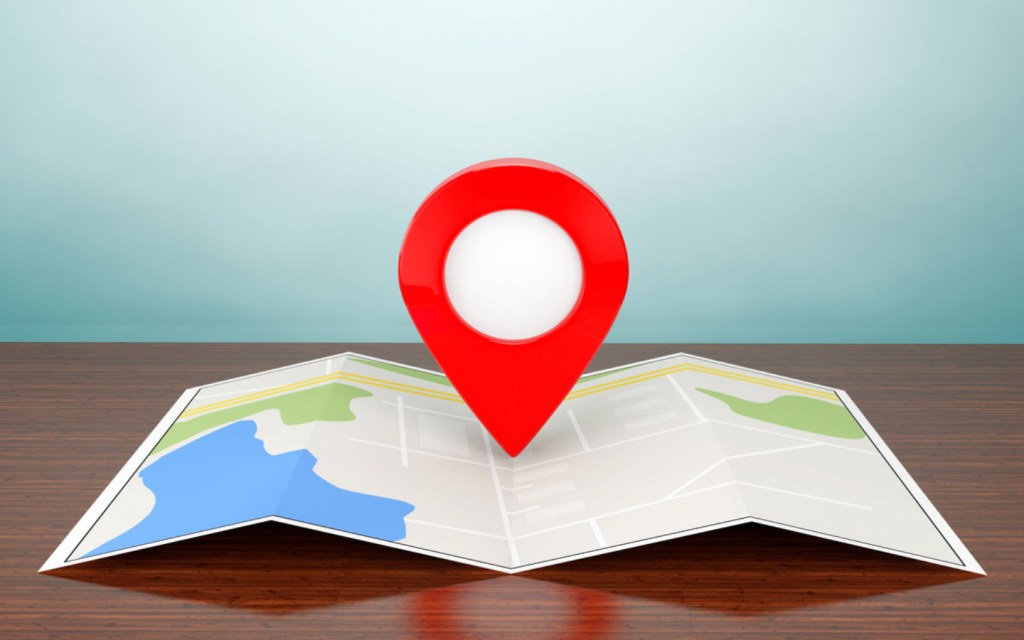
We don’t find pleasure in saying this, but a home facing a parking lot, commercial area, or a dumping site is usually worth less than a home facing a river, an open ground, a garden, or anything aesthetically pleasing to one’s eyes. Homeowners shouldn’t be discouraged with this fact since not every property seeker is willing to pay or looking for a view. However, for property seekers, we’ve got two handy tips for their next purchase:
- Always keep your research complete about whether any planned developments might create a barrier in your home’s view in the upcoming years.
- Never purchase a home that is planned to be a part of an upcoming highway project.
Presence of Amenities Nearby
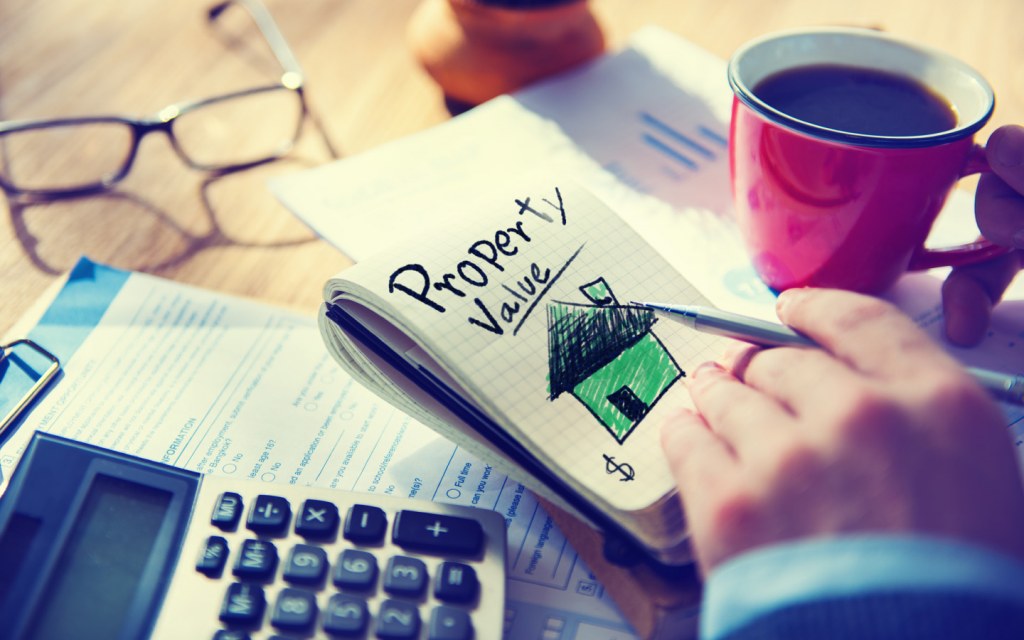
We have already mentioned in the beginning that the resale value of a house is something that depends on the buyer in some cases. And, buyers are usually willing to pay a premium in favour of convenience. So, it is only natural that the civic amenities and other facilities near your property should be taken into consideration while evaluating the resale value. In this regard, linkages to mass transit, proximity to public parks, and easy access to educational institutions and medical facilities play the role of a protagonist, not only during the home’s value evaluation process but also during financial negotiations.
Age and Condition of the House
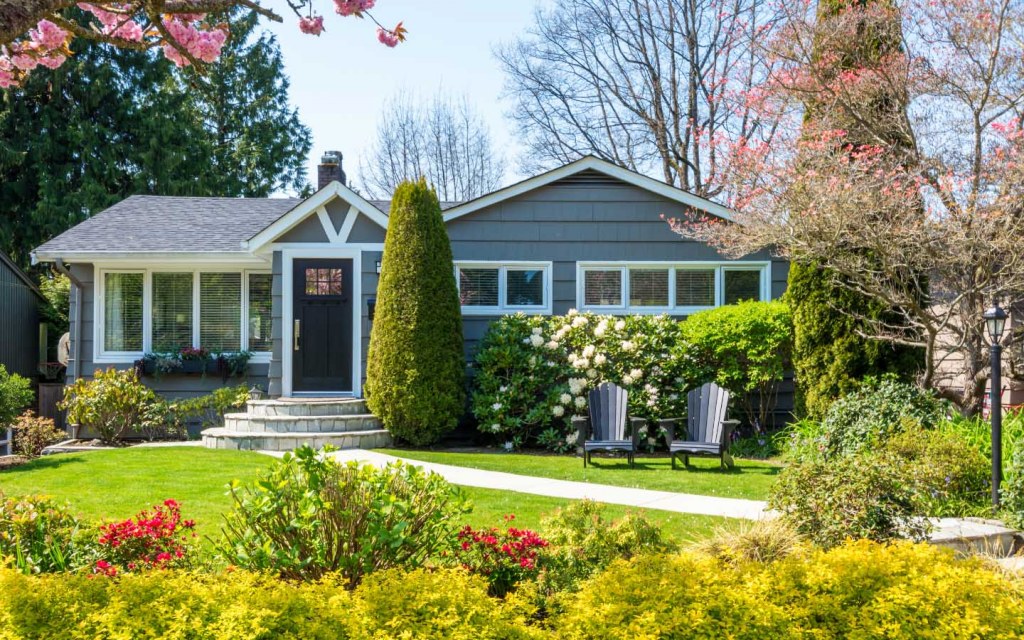
Some things age well when kept for a longer time. Unfortunately, the same cannot be said for a house that isn’t renovated timely. As much you’re helpless to change the age of a house, you can, however, do a few things to lift up the condition of your house:
- The lawn should be mowed, and the trees should look hydrated and fresh.
- Garage space and storerooms should be well maintained and organised.
- Pavement shouldn’t be a puddle of dust and garbage.
Moreover, home improvements are one of the great ways to add more value to your house. You can begin by updating the plumbing system and giving a fresh lick of paint to your exteriors. Also, resolving possible structural problems can help you in the long run in increasing the current value of your property.
Seeking Help from a Local Real Estate Agent
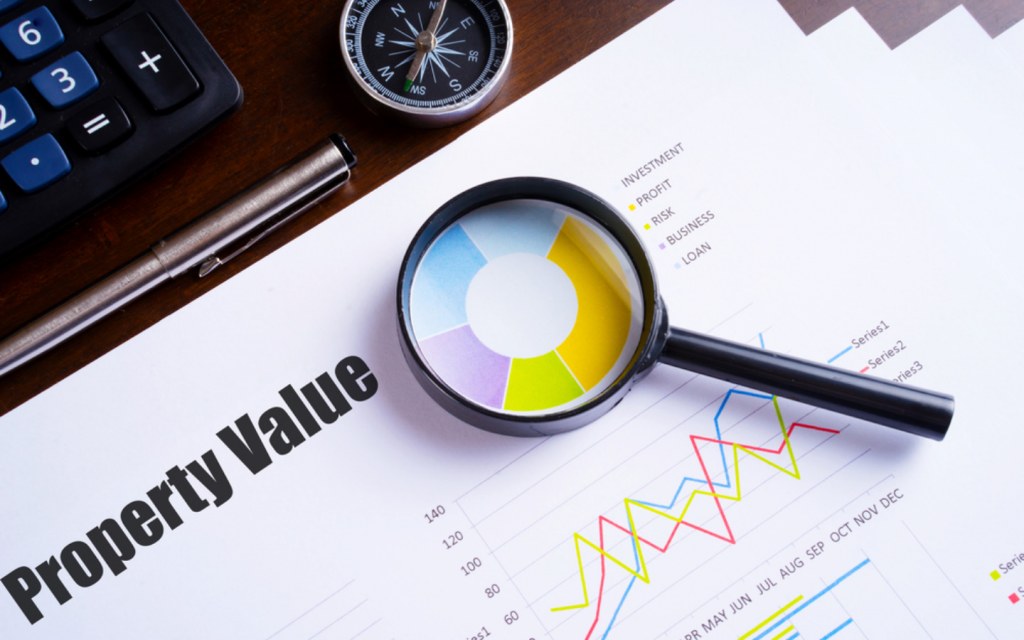
Sometimes, evaluating a home’s resale value can be a difficult task for home sellers, especially when they’ve no acquaintances who have recently sold or purchased a house. In such cases, homeowners don’t have to be shy about asking for some professional assistance. We’re sure that your local agents will be quite helpful in this regard if you reach out to them and ask for the price trend of properties that have been sold within the last 3-6 months. However, as a homeowner, you have to make sure that properties you’re using as a comparison should be remarkably similar to your property. An easier way to carry this comparison is to look for a property that matches the size, location, and condition of your house. You also have to take into account the type of the property, let’s say if it’s apartment, house, bungalow or a portion within a bungalow.
For more property-related tips and tricks, subscribe to Zameen Blog. Do not forget to like our Facebook page.



